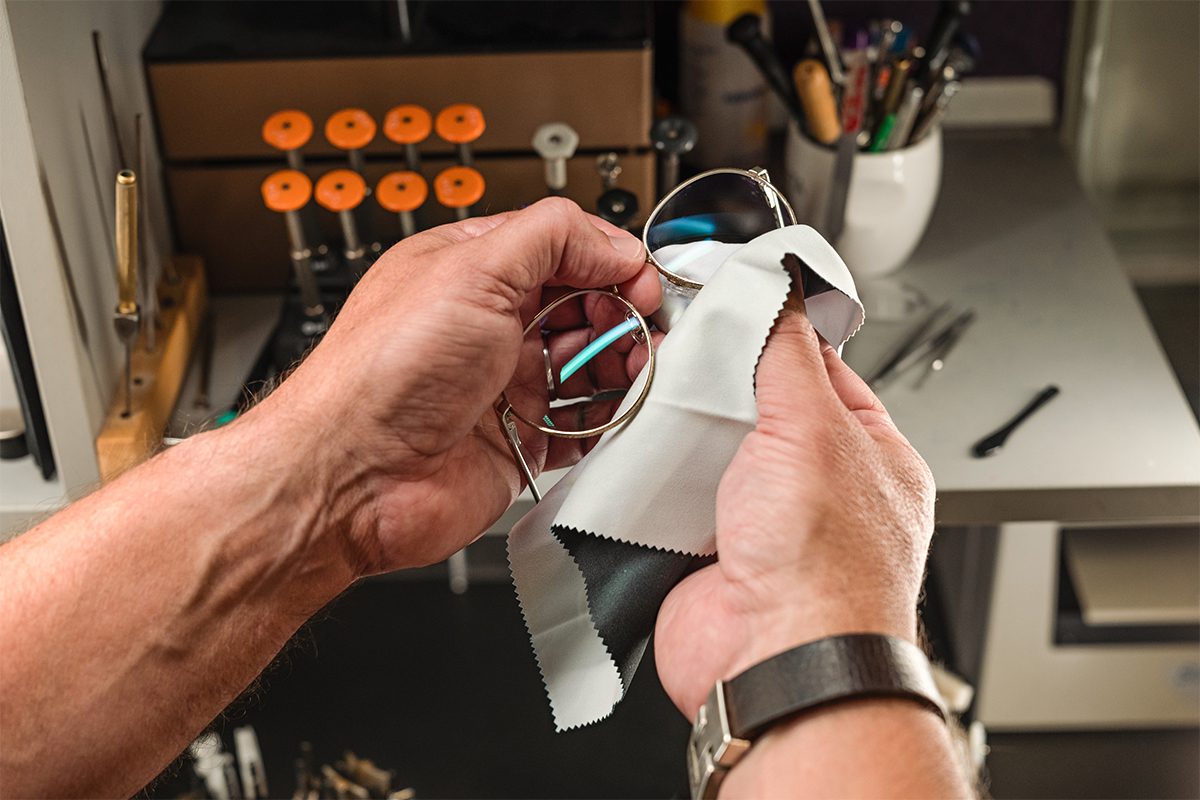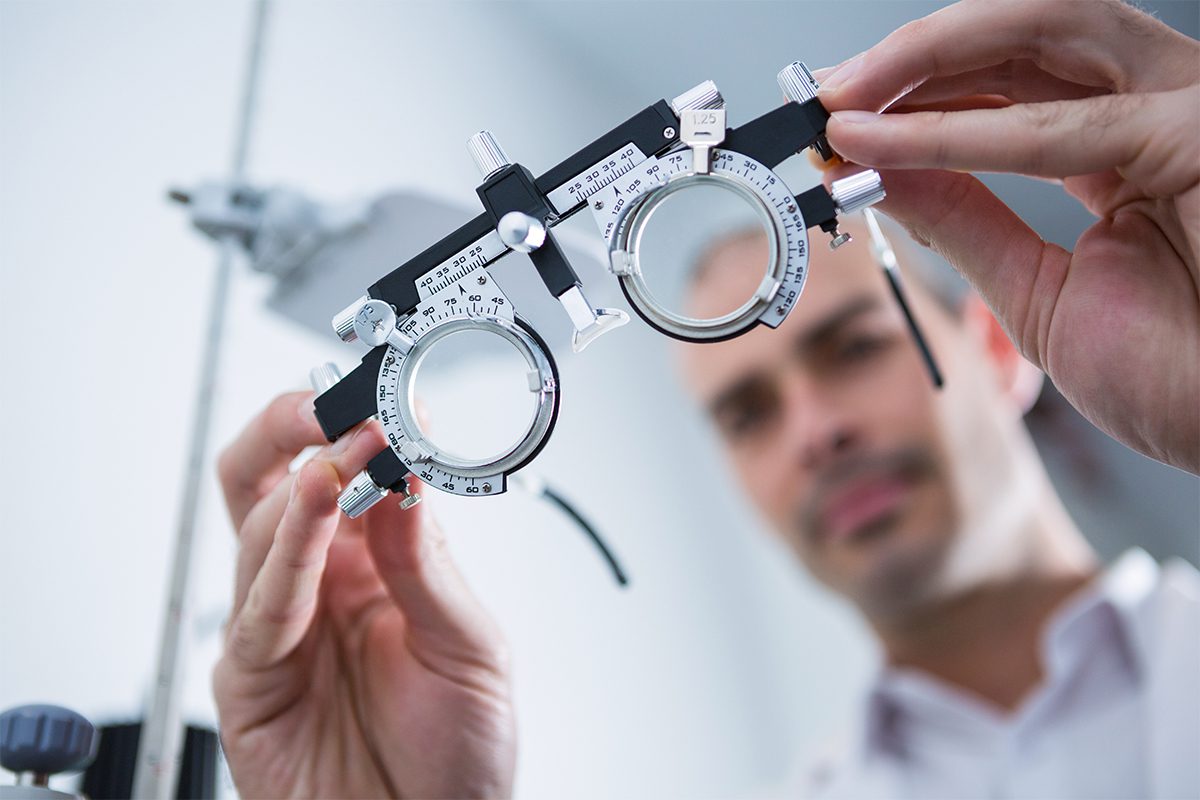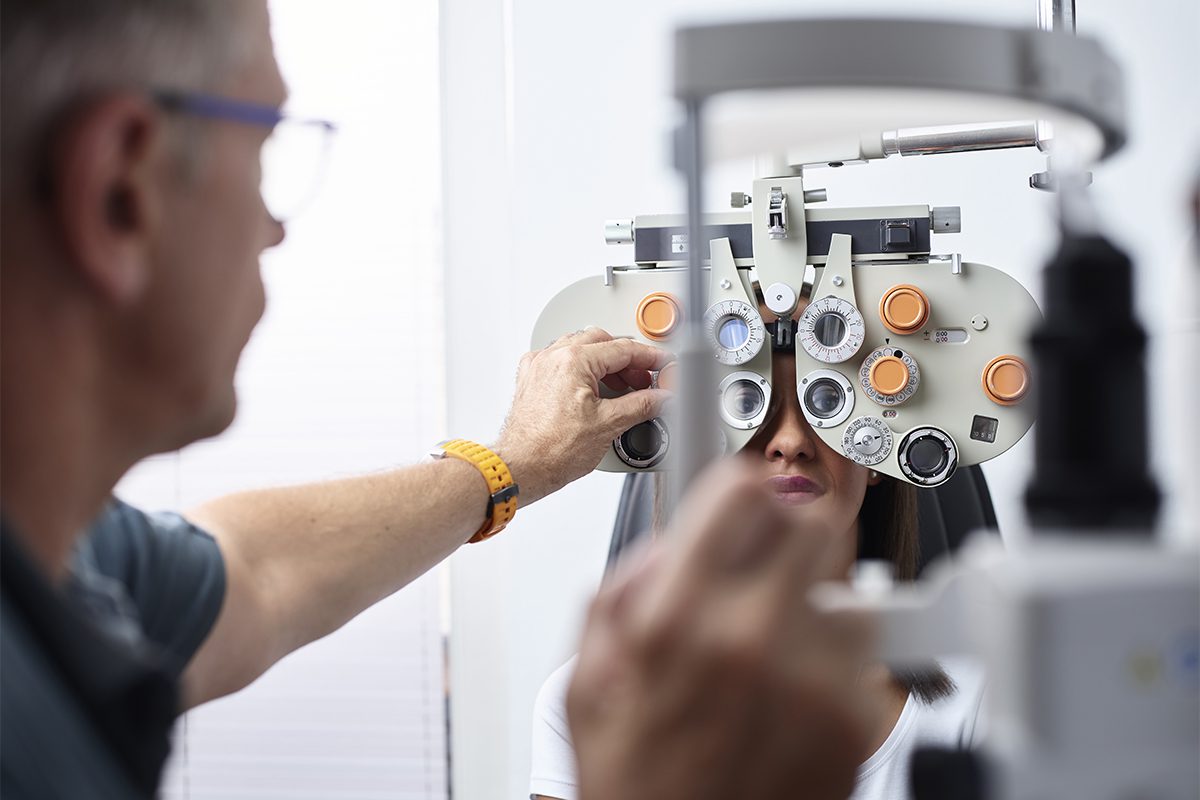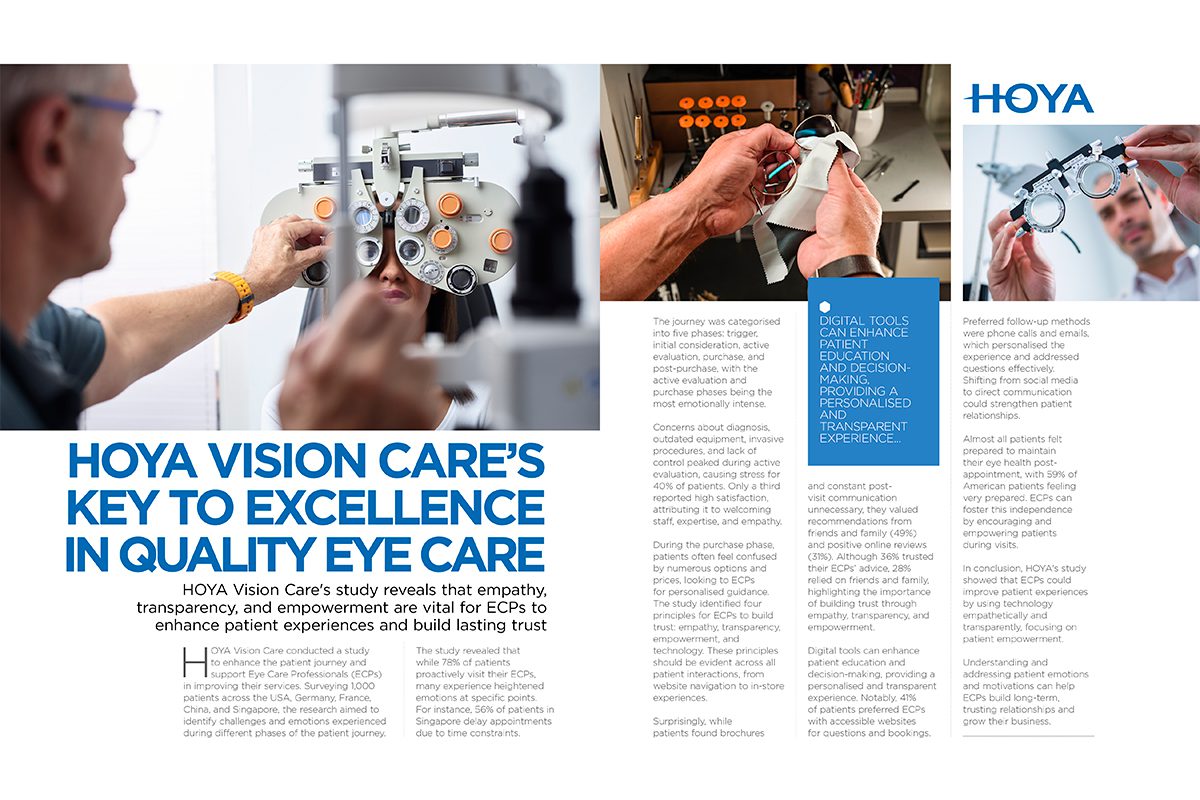
HOYA Vision Care’s Key To Excellence In Quality Eye Care
HOYA Vision Care's study reveals that empathy, transparency, and empowerment are vital for ECPs to enhance patient experiences and build lasting trust
HOYA Vision Care conducted a study to enhance the patient journey and support Eye Care Professionals (ECPs) in improving their services. Surveying 1,000 patients across the USA, Germany, France, China, and Singapore, the research aimed to identify challenges and emotions experienced during different phases of the patient journey.
The study revealed that while 78% of patients proactively visit their ECPs, many experience heightened emotions at specific points. For instance, 56% of patients in Singapore delay appointments due to time constraints.
 The journey was categorised into five phases: trigger, initial consideration, active evaluation, purchase, and post-purchase, with the active evaluation and purchase phases being the most emotionally intense.
The journey was categorised into five phases: trigger, initial consideration, active evaluation, purchase, and post-purchase, with the active evaluation and purchase phases being the most emotionally intense.
Concerns about diagnosis, outdated equipment, invasive procedures, and lack of control peaked during active evaluation, causing stress for 40% of patients. Only a third reported high satisfaction, attributing it to welcoming staff, expertise, and empathy.
During the purchase phase, patients often feel confused by numerous options and prices, looking to ECPs for personalised guidance. The study identified four principles for ECPs to build trust: empathy, transparency, empowerment, and technology. These principles should be evident across all patient interactions, from website navigation to in-store experiences.
Surprisingly, while patients found brochures and constant post-visit communication unnecessary, they valued recommendations from friends and family (49%) and positive online reviews (31%). Although 36% trusted their ECPs’ advice, 28% relied on friends and family, highlighting the importance of building trust through empathy, transparency, and empowerment.
 Digital tools can enhance patient education and decision-making, providing a personalised and transparent experience. Notably, 41% of patients preferred ECPs with accessible websites for questions and bookings. Preferred follow-up methods were phone calls and emails, which personalised the experience and addressed questions effectively. Shifting from social media to direct communication could strengthen patient relationships.
Digital tools can enhance patient education and decision-making, providing a personalised and transparent experience. Notably, 41% of patients preferred ECPs with accessible websites for questions and bookings. Preferred follow-up methods were phone calls and emails, which personalised the experience and addressed questions effectively. Shifting from social media to direct communication could strengthen patient relationships.
Almost all patients felt prepared to maintain their eye health post-appointment, with 59% of American patients feeling very prepared. ECPs can foster this independence by encouraging and empowering patients
during visits.
In conclusion, HOYA's study showed that ECPs could improve patient experiences by using technology empathetically and transparently, focusing on patient empowerment.
Understanding and addressing patient emotions and motivations can help ECPs build long-term, trusting relationships and grow their business.







